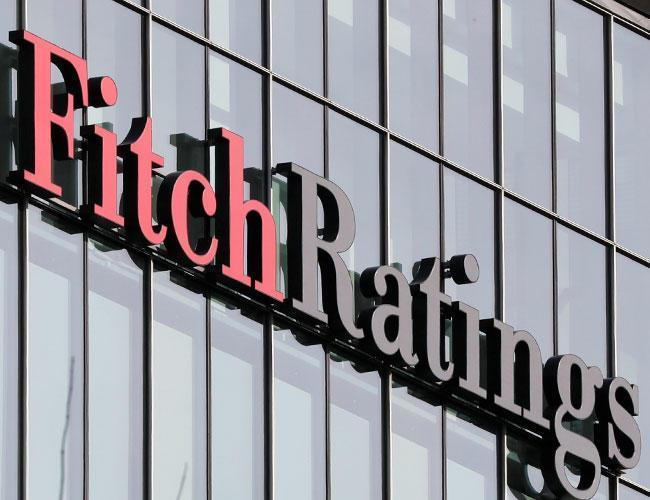
Credit rating agency Fitch has downgraded the “long-term foreign-currency issuer default ratings” of 20 Turkish banks and viability ratings of 12 banks, citing mounting risks confronting the sector in the wake of the recent currency turmoil.
“The banks’ performance, asset quality, capitalization and liquidity and funding profiles are now more likely to come under pressure as a result of the further depreciation of the Turkish Lira - by about 20 percent against the U.S. dollar since the last rating review [on July 20], the spike in interest rates driven by the increase in the policy rate to 24 percent from 17.75 percent on 13 September and the weaker growth outlook [forecasted by Fitch as 3.8 percent in 2018 and 1.2 percent in 2019],” Fitch said in a statement on Oct. 1.
Major private lenders such as Akbank, Garanti, İşbank and Yapı Kredi as well as state banks such as Halkbank, Vakıfbank and Ziraat were among the downgraded Turkish banks, according to the statement.
In stating the reason behind downgrading the viability ratings - a measure of a bank’s intrinsic creditworthiness - of the 12 Turkish banks, Fitch said that although having strong track records and moderate non-performing loans, “risks to financial stability remain significant, given potential unpredictability in the policy framework and Turkey’s large external financing requirements.”
All 12 banks, whose viability ratings were lowered, went from BB- to B+.
The agency said that near-term pressure on the ratings of Turkish banks had moderated due to what it termed “the eventually orthodox monetary policy response,” recalling the Central Bank’s decision to hike interest rates.
It also noted the recent stabilization of the exchange rates and continued access to external financing, albeit at a higher cost.
Banking sector posts $6 billion profit in first eight months
